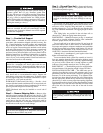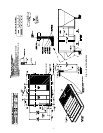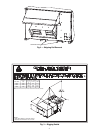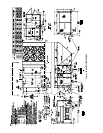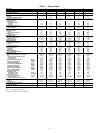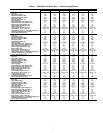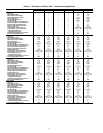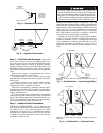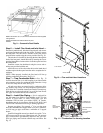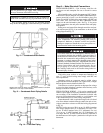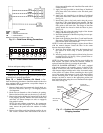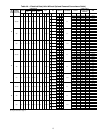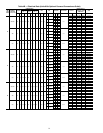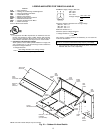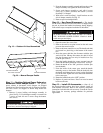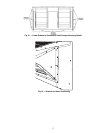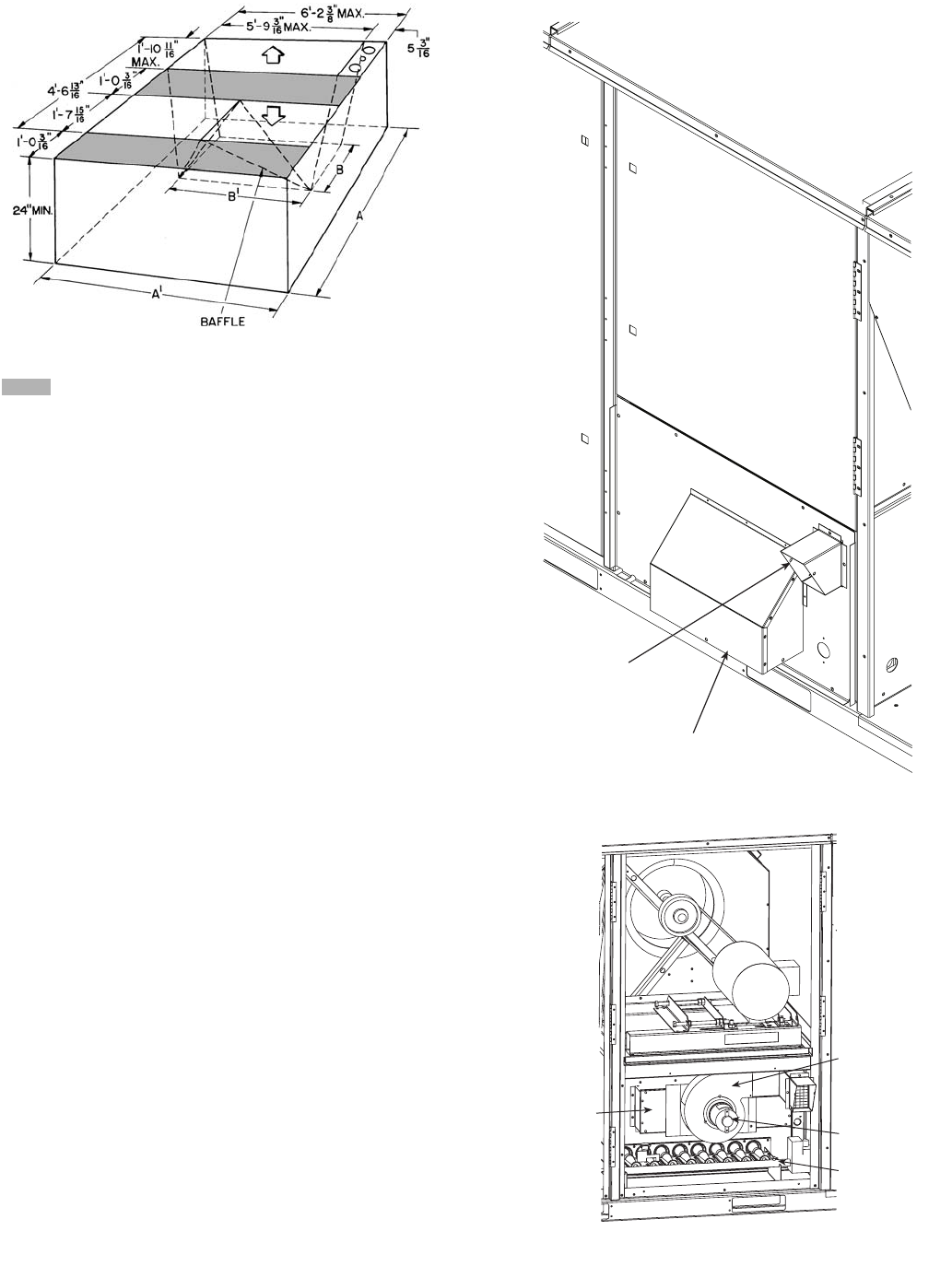
10
Step 6 — Install Flue Hood and Inlet Hood —
Flue hood (smaller hood), inlet hood (larger hood), and screens
are shipped inside the unit in the fan section. To install, remove
the heat panel. The flue hood is attached to the heat section
panel from the outside using the screws provided. See Fig. 10.
The inlet hood is installed by inserting the hood through the
back of the heat panel. Attach the hood by inserting the screws
provided through the clearance holes in the heat panel and into
the intake hood.
Install the screens into both hoods using the screws and re-
taining nuts provided with the unit.
Attach the cover of the observation hole on the intake hood
and then replace the heat panel onto the unit to complete the in-
stallation.
NOTE: When properly installed, the flue hood will line up
with the combustion fan housing. See Fig. 11.
Step 7 — Trap Condensate Drain — See Fig. 12
for drain location. One
3
/
4
-in. half coupling is provided outside
unit evaporator section for condensate drain connection. A trap
at least 4-in. deep must be used. See Fig. 13.
All units must have an external trap for condensate drain-
age. Install a trap at least 4 in. deep and protect against freeze-
up. If drain line is installed downstream from the external trap,
pitch the line away from the unit at 1 in. per 10 ft of run. Do not
use a pipe size smaller than the unit connection.
Step 8 — Install Gas Piping — Unit is equipped for
use with natural gas. Refer to local building codes, or in the
absence of local codes, to ANSI Z223.1-latest year and
addendum Z223.1A-latest year entitled NFGC. In Canada,
installation must be in accordance with the CAN1.B149.1 and
CAN1.B149.2 installation codes for gas burning appliances.
Support gas piping. For example, a
3
/
4
-in. gas pipe must
have one field-fabricated support beam every 8 ft. Therefore,
an 18-ft long gas pipe would have a minimum of 3 support
beams.
Install field-supplied manual gas shutoff valve with a
1
/
8
-in.
NPT pressure tap for test gage connection at unit. The pressure
tap is located on the gas manifold, adjacent to the gas valve.
Field gas piping must include sediment trap and union. See
Fig. 14.
FLUE HOOD
INLET HOOD
Fig. 10 — Flue and Inlet Hood Locations
MAIN BURNER
SECTION
INDUCED-DRAFT
MOTOR
COMBUSTION
FAN HOUSING
HEAT
EXCHANGER
SECTION
Fig. 11 — Combustion Fan Housing Location
NOTE: Dimensions A, A′,B,andB′ are obtained from field-supplied
ceiling diffuser.
Shaded areas indicate block-off pans.
Fig. 9 — Concentric Duct Details



